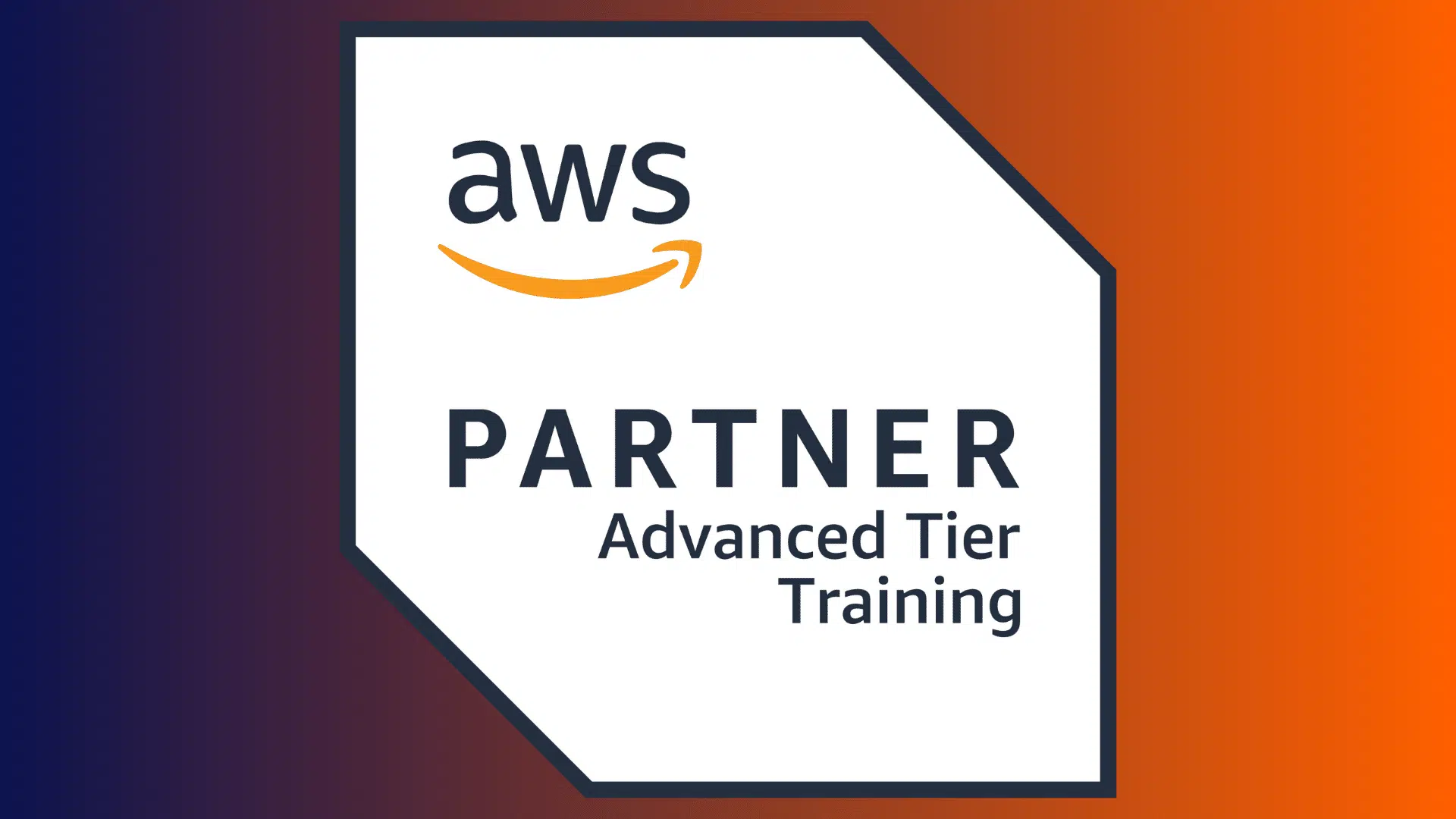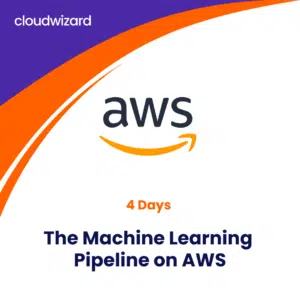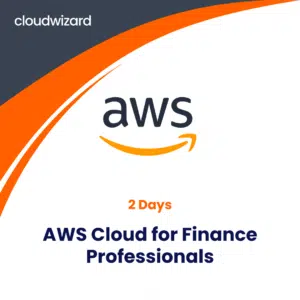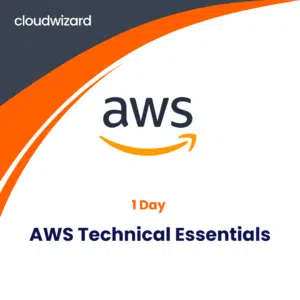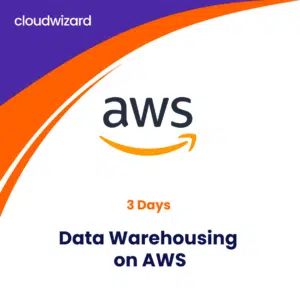Advanced Architecting on AWS
- Demonstrations
- Presentations
- Group Discussions
- Hands-On Labs
- Video assessments
- Use cases
- Solution architects | Cloud architects
- An individual looking to design infrastructures for AWS
- Knowledge and experience with core AWS services from the Compute, Storage, Networking, and AWS Identity and Access Management (IAM) categories
- Attended the Architecting on AWS classroom training OR
- Achieved the AWS Certified Solutions Architect – Associate certification OR
- Have at least 1 year of experience operating AWS workloads
Module 1: Reviewing Architecting Concepts
- Group Exercise: Review Architecting on AWS core best practices
- Lab 1: Securing Amazon S3 VPC Endpoint Communications
Module 2: Single to Multiple Accounts
- AWS Organizations for multi-account access and permissions
- AWS SSO to simplify access and authentication across AWS accounts and third-party services
- AWS Control Tower
- Permissions, access, and authentication
Module 3: Hybrid Connectivity
- AWS Client VPN authentication and control
- AWS Site-to-Site VPN
- AWS Direct Connect for hybrid public and private connections
- Increasing bandwidth and reducing cost
- Basic, high, and maximum resiliency
- Amazon Route 53 Resolver DNS resolution
Module 4: Specialized Infrastructure
- AWS Storage Gateway solutions
- On-demand VMware Cloud on AWS
- Extending cloud infrastructure services with AWS Outposts
- AWS Local Zones for latency-sensitive workloads
- Your 5G network with and without AWS Wavelength
Module 5: Connecting Networks
- Simplifying private subnet connections
- VPC isolation with a shared services VPC
- Transit Gateway Network Manager and VPC Reachability Analyzer
- AWS Resource Access Manager
- AWS PrivateLink and endpoint services
- Lab 2: Configuring Transit Gateways
Module 6: Containers
- Container solutions compared to virtual machines
- Docker benefits, components, solutions architecture, and versioning
- Container hosting on AWS to reduce cost
- Managed container services: Amazon Elastic Container Service (Amazon ECS) and Amazon Elastic Kubernetes Service (Amazon EKS)
- AWS Fargate
- Lab 3: Deploying an Application with Amazon EKS on Fargate
Module 7: Continuous Integration/Continuous Delivery (CI/CD)
- CI/CD solutions and impact
- CI/CD automation with AWS CodePipeline
- Deployment models
- AWS CloudFormation StackSets to improve deployment management
Module 8: High Availability and DDoS Protection
- Common DDoS attacks layers
- AWS WAF
- AWS WAF web access control lists (ACLs), real-time metrics, logs, and security automation
- AWS Shield Advanced services and AWS DDoS Response Team (DRT) services
- AWS Network Firewall and AWS Firewall Manager to protect accounts at scale
Module 9: Securing Data
- What cryptography is, why you would use it, and how to use it
- AWS KMS
- AWS CloudHSM architecture
- FIPS 140-2 Level 2 and Level 3 encryption
- Secrets Manager
Module 10: Large-Scale Data Stores
- Amazon S3 data storage management including storage class, inventory, metrics, and policies
- Data lake vs. data warehouse: Differences, benefits, and examples
- AWS Lake Formation solutions, security, and control
- Lab 4: Setting Up a Data Lake with Lake Formation
Module 11: Large-Scale Applications
- What edge services are and why you would use them
- Improve performance and mitigate risk with Amazon CloudFront
- Lambda Edge
- AWS Global Accelerator: IP addresses, intelligent traffic distribution, and health checks
- Lab 5: Migrating an On-Premises NFS Share Using AWS DataSync and Storage Gateway
Module 12: Optimizing Cost
- On-premises and cloud acquisition/deprecation cycles
- Cloud cost management tools including reporting, control, and tagging
- Examples and analysis of the five pillars of cost optimization
Module 13: Migrating Workloads
- Business drivers and the process for migration
- Successful customer practices
- The 7 Rs to migrate and modernize
- Migration tools and services from AWS
- Migrating databases and large data stores
- AWS Schema Conversion Tool (AWS SCT)
Module 14: Capstone Project
- Use the Online Course Supplement (OCS) to review use cases, investigate data, and answer architecting design questions about Transit Gateway, hybrid connectivity, migration, and cost optimization
Why choose Cloud Wizard
- Advanced Tier Training Partner
- Amazon Authorised Instructors
- Official AWS Content
- Hands-on Labs
Class Deliverables
- E-Content kit by AWS
- Hands-on labs
- Class completion certificates
- Exam Prep sessions
Dates Available
Choose a date that works for you and click on Book Now to proceed with your registration.
Don't see a date that works for you?
Fill in the form below to let us know.
Frequently asked questions
1. How do I Enroll For This Course?
2. I have doubts reagrding this course. Whom can I reach out?
3. What are the different forms of the payment that you accet.
4. What are the minimum & the maximum number of candidates that we accept in class?
5. What are the training deliverables?
- Training Delivered by an Amazon Authorized Instructor.
- AWS Content E-Kit
- Hands-on-labs for 30 days
- Class attendance certificate
6. When would I get the access of course content & labs?
7. How do I obtain the course completion certificate?
8. Can the training be delived in flexi mode
Related courses
Related products
-
AWS Training
The Machine Learning Pipeline on AWS
The course explores the usage of the iterative Machine Learning (ML) pipeline to solve real-world business problems in a project-based environment. You will learn about each phase of the pipeline from an experienced AWS instructor via live presentations and demonstrations.
-
AWS Training
AWS Cloud for Finance Professionals
This course is aimed at enterprise level financial stakeholders who need to learn to manage, optimize and plan the organization’s cloud spend. The learners will learn to be more accountable and price conscious from an expert AWS Instructor.
-
AWS Training
AWS Technical Essentials
This introductory course is designed to teach about AWS products, services and common solutions. The learners will learn the basics of identifying appropriate AWS services so that they can make conscious decisions based on the business requirements.
-
AWS Training
Data Warehousing on AWS
You will be introduced to concepts, strategies and best practices for designing cloud-based data warehousing solutions using Amazon RedShift. The course also teaches you how to collect, store and analyze data for the data warehouse by using AWS services.

